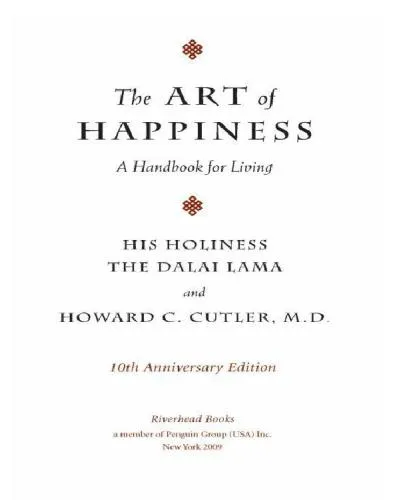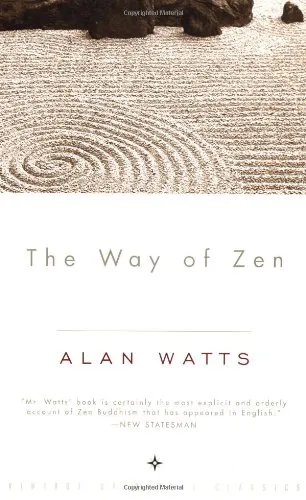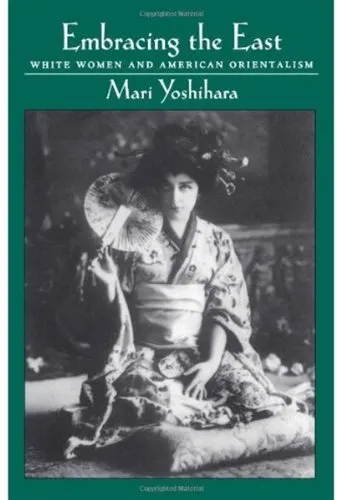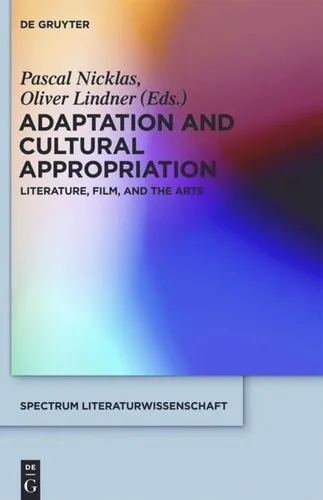The Power of Denial: Buddhism, Purity, and Gender (Buddhisms: A Princeton University Press Series)
4.5
Reviews from our users

You Can Ask your questions from this book's AI after Login
Each download or ask from book AI costs 2 points. To earn more free points, please visit the Points Guide Page and complete some valuable actions.Related Refrences:
"The Power of Denial: Buddhism, Purity, and Gender" by Bernard Faure is an insightful exploration of the complex intersection between Buddhism, purity concepts, and gender issues. This book is part of the esteemed "Buddhisms: A Princeton University Press Series," offering a critical lens through which readers can examine how Buddhist practices and ideologies navigate and often complicate the concept of purity and its relationship to gender.
Detailed Summary of the Book
In "The Power of Denial," Bernard Faure embarks on a thought-provoking scholarly journey to unravel the pervasive yet subtle influences of gender and purity within Buddhist traditions. Through meticulous research, Faure highlights how the concepts of purity and impurity have not only shaped religious practices but also influenced social dynamics and gender roles within Buddhist communities.
Faure deftly analyzes various Buddhist texts and doctrines, revealing contradictions and challenges related to gendered interpretations of purity. By focusing on the marginalization of women and the reinforcement of patriarchal structures, he dissects the underlying mechanisms through which Buddhism has, at times, perpetuated gender inequality. Faure provides a nuanced critique that does not condemn but instead seeks to enrich the understanding of the intersectionality between gender and religion.
Key Takeaways
- Buddhism’s approach to purity is not monolithic; it varies significantly across cultures and historical contexts, often reflecting local social hierarchies.
- The notion of purity has been historically used to subjugate women in Buddhist traditions, reinforcing male dominance.
- Despite the challenges, Buddhism also holds potential for subverting gender norms through its core philosophical tenets that advocate for equality and compassion.
- The book encourages a critical re-examination of modern Buddhist practices with an awareness of gender biases rooted in historical precedence.
Famous Quotes from the Book
"The ideals of purity so central to Buddhist practice are both a source of spiritual aspiration and a tool for exclusion."
"Gender in Buddhism is not simply about men and women, but about the power dynamics, the said and unsaid, that frame religious experience."
Why This Book Matters
"The Power of Denial" is an important work that contributes significantly to the field of religious studies, particularly in understanding the culturally constructed narratives around purity and gender in Buddhism. By offering a balanced critique of how Buddhist traditions have historically shaped gender identities, Bernard Faure sets the stage for contemporary discussions on reform and inclusivity within religious traditions.
This book bridges the gap between academia and more general spiritual inquiries, making it a valuable resource for scholars, students, and practitioners interested in exploring the dynamics of gender in religious contexts. Faure's work challenges readers to confront uncomfortable truths about the intersection of gender and religion, underscoring the importance of this dialogue in fostering a more equitable and understanding society.
Free Direct Download
You Can Download this book after Login
Accessing books through legal platforms and public libraries not only supports the rights of authors and publishers but also contributes to the sustainability of reading culture. Before downloading, please take a moment to consider these options.
Find this book on other platforms:
WorldCat helps you find books in libraries worldwide.
See ratings, reviews, and discussions on Goodreads.
Find and buy rare or used books on AbeBooks.
1311
بازدید4.5
امتیاز0
نظر98%
رضایتReviews:
4.5
Based on 0 users review
Questions & Answers
Ask questions about this book or help others by answering
No questions yet. Be the first to ask!















